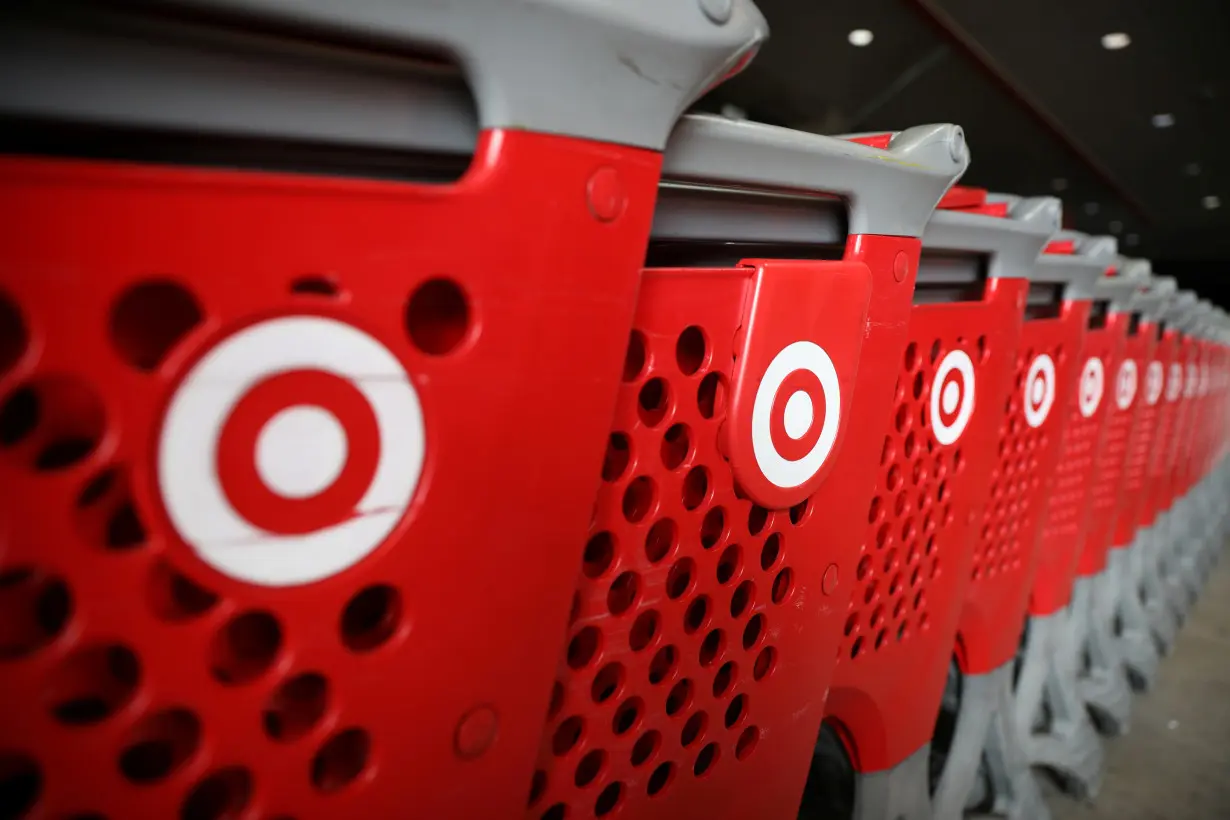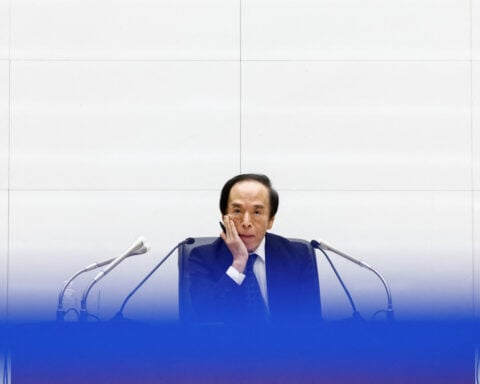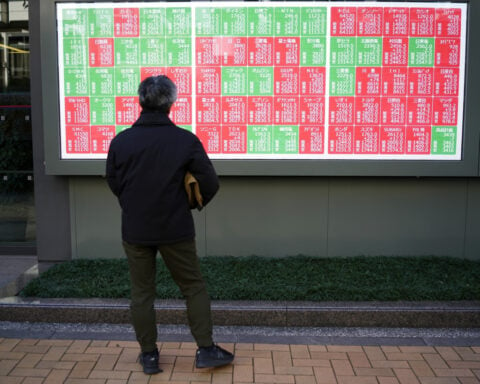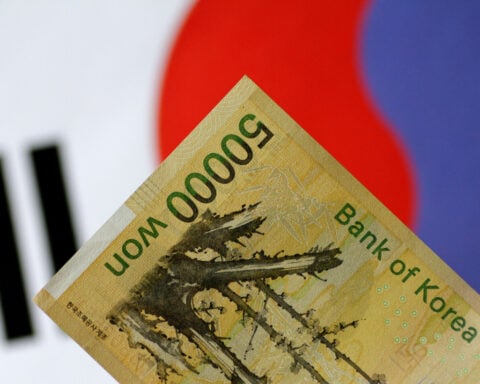By Siddharth Cavale and Ananya Mariam Rajesh
(Reuters) - Target on Wednesday forecast holiday-quarter profit largely above Wall Street expectations as the big-box retailer benefits from easing supply-chain costs and its efforts to control inventory start to pay off, sending its shares up 14% in premarket trading.
Target, like other U.S. retailers, has been struggling with slowing sales as consumers show more caution in the face of steep inflation.
The company expects adjusted earnings of between $1.90 and $2.60 per share in the fourth quarter. The midpoint of that range topped analysts expectations of $2.22 per share, according to LSEG data.
The Minneapolis-based retailer said the forecast follows a third quarter in which margins improved, helped by fewer discounts, a 14% reduction in inventories and related costs, and lower freight, supply-chain and delivery expenses. Seasonal merchandise for events such as back-to-school and Halloween outperformed other parts of its business, it added.
Gross margins in the fiscal third quarter ended Oct. 28 rose to 27.4%, from 24.7% a year earlier. The company also posted a smaller-than-expected drop of 4.9% in comparable sales for the quarter, compared with estimates of a 5.25% decline, helped by demand for beauty products, which generates about 30% of sales.
Excluding items, Target earned $2.10 per share, topping expectations of $1.48.
"While third-quarter sales were consistent with our expectations, earnings per share came in far ahead of our forecast. This profit performance benefited from ... efficiency and disciplined inventory management," Target CEO Brian Cornell said in a statement.
With shoppers squarely focused on food and essentials, Target has had a turbulent year as nearly half of its sales come from home goods, electronics, toys and apparel products that are deemed less essential.
The retailer has also faced unique challenges this year including backlash in May over its LGBTQ-themed merchandise and a spike in retail thefts that it said led it to shut nine stores in New York, San Francisco, Seattle, and Portland, Oregon.
In August, the retailer cut its full-year sales and profit expectations to reflect the impact of slowing consumer demand. On Nov. 2, Cornell said shoppers were even trimming spending on groceries.
Target said on Wednesday it expects holiday-quarter comparable sales to decline in the mid-single-digit percentage range, compared with expectations of a 3.97% drop. This was in line with its August expectations.
The company said it plans to offer more than 10,000 new items for the holidays, which will feature exclusive-to-Target brands and more than 2,500 toys priced below $25.
Target shares have lost 25.7% of their value this year, in contrast to rival Walmart's 18.2% rise. Walmart, which is the country's top grocery chain by sales, reports third-quarter results on Thursday.
(Reporting by Siddharth Cavale in New York and Ananya Mariam Rajesh in Bengaluru; Editing by Matthew Lewis)

 Stock market today: Asian stocks mixed ahead of US inflation data
Stock market today: Asian stocks mixed ahead of US inflation data
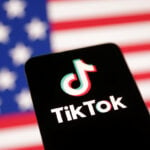 TikTok seeks to reassure U.S. employees ahead of Jan. 19 ban deadline
TikTok seeks to reassure U.S. employees ahead of Jan. 19 ban deadline
 US won't seek charges in unarmed Black motorist Ronald Greene's fatal 2019 arrest
US won't seek charges in unarmed Black motorist Ronald Greene's fatal 2019 arrest
 Euro zone households could increase consumption, ECB chief economist says
Euro zone households could increase consumption, ECB chief economist says
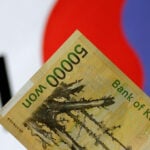 Foreigners sold South Korean equities last month by most since early 2020
Foreigners sold South Korean equities last month by most since early 2020
 As fires ravage Los Angeles, Tiger Woods isn't sure what will happen with Riviera tournament
As fires ravage Los Angeles, Tiger Woods isn't sure what will happen with Riviera tournament
 Antetokounmpo gets 50th career triple-double as Bucks win 130-115 to end Kings' 7-game win streak
Antetokounmpo gets 50th career triple-double as Bucks win 130-115 to end Kings' 7-game win streak
 Zheng loses to No 97 Siegemund, Osaka rallies to advance at the Australian Open
Zheng loses to No 97 Siegemund, Osaka rallies to advance at the Australian Open
